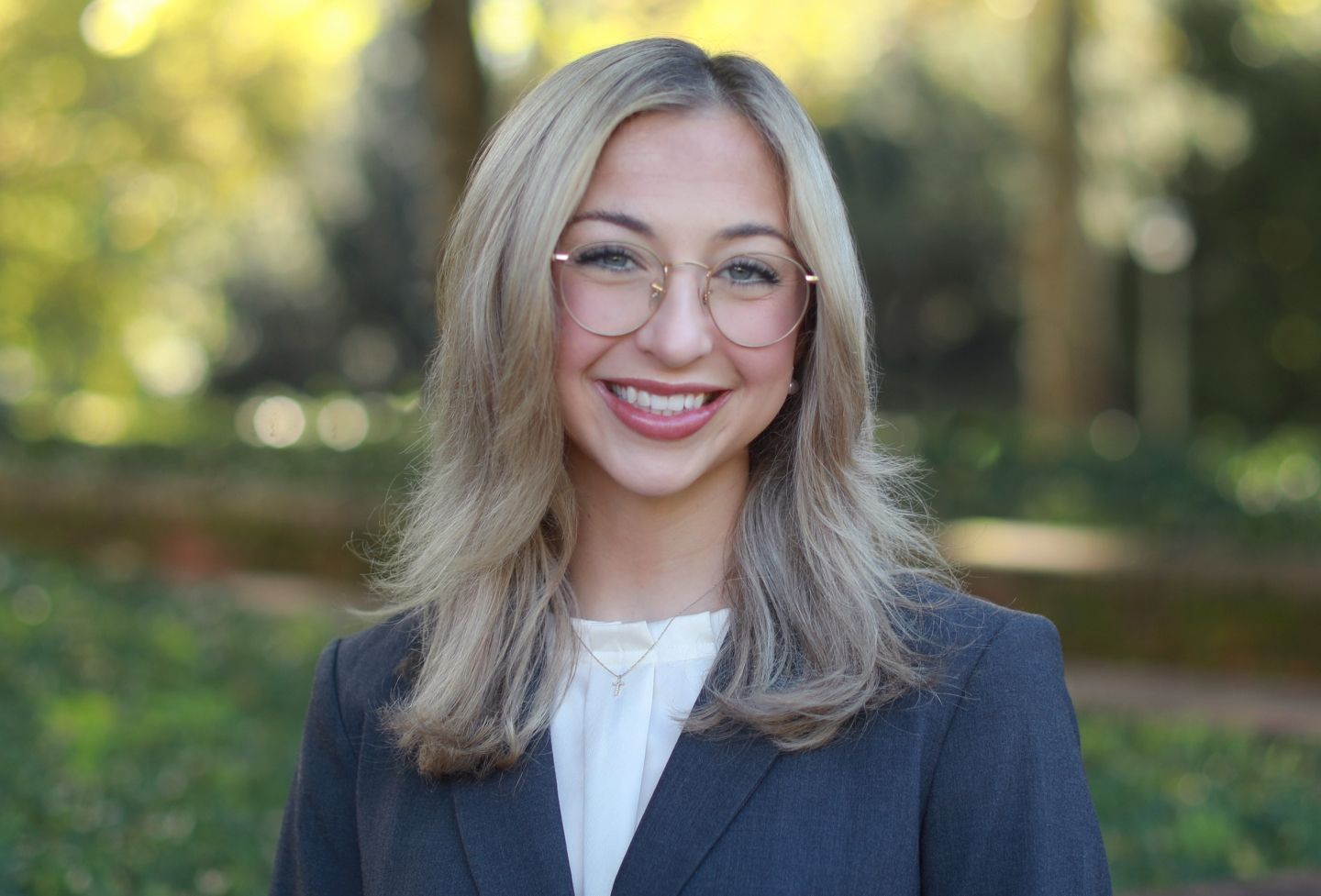A federal judge on Tuesday tossed out the drug and weapon convictions and a 33-year sentence of Northern Virginia man Justin Wolfe, thanks to the work of the University of Virginia School of Law's Innocence Project Clinic and partnering organizations.
Judge Raymond A. Jackson of the U.S. District Court for the Eastern District of Virginia previously overturned Wolfe's murder-for-hire conviction and death sentence, also due to the efforts of the clinic, Wolfe's pro bono attorneys at the Washington, D.C., law firm King & Spalding and the Charlottesville-based Virginia Capital Representation Resource Center. (More) In a ruling released in July, Jackson said prosecutors withheld key evidence that could have exonerated Wolfe.
The judge on Tuesday agreed with a motion drafted by the clinic that argued that the jury's other verdicts — sentencing Wolfe to three years for use of a firearm in the commission of a felony and 30 years for conspiracy to distribute marijuana — also should be dismissed, as they came out of the same flawed trial.
We were asking the judge to clarify that the scope of relief that he was providing encompassed all three of those charges, not just capital murder," said Matthew Engle, legal director of the clinic. Because the conduct of the prosecutors in this case affected the fairness of the entire trial, all three of the verdicts that the jury returned are now set aside."
At an evidentiary hearing in November, Owen Barber, the admitted shooter, recanted his 2002 testimony that Wolfe hired him to commit the murder.
"The firearm that Justin Wolfe was convicted of using was actually the gun that Owen Barber, the actual trigger person, used to kill the victim in this case," he said. "If Justin hadn't played any role in putting Owen Barber up to committing this murder — which is exactly what the evidence showed at the evidentiary hearing in November — then there's no theory by which you can say Justin is not guilty of the murder but somehow guilty of the use of the firearm in the commission of the murder. The truth is, he had nothing to do with it."
Innocence Project Clinic Director of Investigation Deirdre Enright said prosecutors also withheld evidence that clearly showed Wolfe played a relatively minor role within the drug conspiracy, while a man who was more involved — and a critical witness for the Commonwealth at trial — received a sentence of less than a year for the same drug offense as Wolfe, conspiracy to distribute five or more pounds of marijuana.
Engle said the verdicts on the marijuana and gun charges also needed to be thrown out because the jury was improperly influenced by the prosecution's portrayal of Wolfe as a murderer and a liar.
"They used the allegations about the murder to undermine his credibility completely. They just hammered him," Engle said. "They told the jury 'He's a liar. He's lying to you. He's a murderer. He orchestrated this.' Well, to expect then that the jury could return a fair verdict on the drug charges didn't seem right to us at all."
The Commonwealth now has the choice to either retry Wolfe or release him unconditionally within 120 days, according to the judge's order.
"In light of this Court's finding that Petitioner was denied the right to due process during his state criminal trial, Petitioner is entitled to a new trial on all charges previously considered by the state court," the judge's opinion says.
The Virginia attorney general's office filed a motion of intent to appeal to the 4th U.S. Circuit Court of Appeals following the judge's decision in July to vacate Wolfe's murder conviction and to remove him from death row.
Founded in 1819, the University of Virginia School of Law is the second-oldest continuously operating law school in the nation. Consistently ranked among the top law schools, Virginia is a world-renowned training ground for distinguished lawyers and public servants, instilling in them a commitment to leadership, integrity and community service.


